did not plan to go to prison today. Yet I watch the red dirt as I walk—how it puffs and gathers on my shoes, seeping inside to turn my toes a brickish hue. I am not looking at the men urinating in the gutters to my left. I am not looking at the rows of eyes watching me from my right. I am not looking up at the guards in the towers with guns turned inward and downward upon the courtyard. I am thinking only about reaching the sanctum of the prison chapel.
At the small shed’s doorframe, I take off my shoes with a slight sense of ceremony and glance at my red-rimmed feet. I am aware that the aged mat I’m stepping onto is the ground of miracles. When my eyes adjust to the dimness—the sun filtering through the fabric walls—I see a teenager with a generous and nervous smile. He’s wearing a simple gray t-shirt and a wooden cross necklace that I’ll later learn he carved for himself. His name is Nesanet. He is about to show me the kingdom of heaven.
The city of Hawassa gathers around the banks of Lake Awassa in Ethiopia’s Great Rift Valley. Tourists come to see hippos and crocodiles bobbing in the lake, sip coal-boiled coffee, or connect with their Rastafarian roots in nearby Sheshamene. I was there with a video team from the American Bible Society to discover how audio Bibles in Amharic were transforming lives in the region. When we arrived, our local team members told us, “You have to go to the prison. You have to hear what God is doing there.”
I didn’t expect to come face to face with heaven in a maximum-security prison. I knew I might experience a glimpse of it in between the pews of Ethiopia’s sanctuaries, or even in the backseats of the many icon-filled taxis churning around the streets of the city. Prison, however, is where I met Nesanet.
Nesanet was a young man with limited economic opportunities who had resorted to a life of thieving to survive. When things went sideways during a botched job, Nesanet ended up stabbing someone, and this landed him in prison in Awassa—something he told me he thanked God for every day. He felt like God had plucked him off the streets and dropped him into an in-between space where he was confronted with the faith that had long been at the periphery of his existence but never quite real.
He met his Savior when he heard the Word read aloud from a device called a “Proclaimer,” which is a solar or crank-powered audio Bible reader that looks like a small radio. That day, lying on a mat in the room he shared with ten other men, words straight from God flowed into and through him in a way he’d never known was possible. From that moment on, Nesanet spent hours every day immersing himself in the Bible; as I spoke with him, I saw evidence of his saturation in Scripture. He shared how God was his companion when he was lonely during visitation hours, how God redeemed the monotony of the days with opportunities for worship, and how God compelled him to live differently by doing things like sharing the gifts of soaps and candies he received instead of using them as tools for bartering.
To me, Nesanet seems like he could be a character straight out of the Bible. It’s tempting for those living 2,000 years after Jesus to think of biblical characters as just that, literary abstractions intended to tell a story and teach a lesson. However, in the same way we live out our days in the mundane and glorious alike, these characters were real, corporeal people who lived in the muck of their reality, capturing fleeting glimpses of some redemption beyond themselves. Like Nesanet, like me, like you, they had an idea of what God’s kingdom should be, and they attempted, through their own broken understanding and efforts, to bring heaven to earth.
This tension, I think, is essential to living our faith. We are souls enlightened with a higher purpose, yet we are also bodies operating in the dirt of a not-yet-new earth. We pray the prayer Jesus taught us—“Your kingdom come, your will be done, on earth as it is in heaven”—but do we consider what this vision of a God-transformed earth requires of us now? The full gospel calls us to transcendent holiness without ridding us of our responsibility to the mess of humanity. Jesus—fully God, fully man—lived this shared priority by example. He prayed to the Father; he washed his friends’ feet. As he grew in his understanding and relationship to Christ, Nesanet cultivated a kingdom mindset that allowed him to live in humility and service—even inside the walls of a prison.
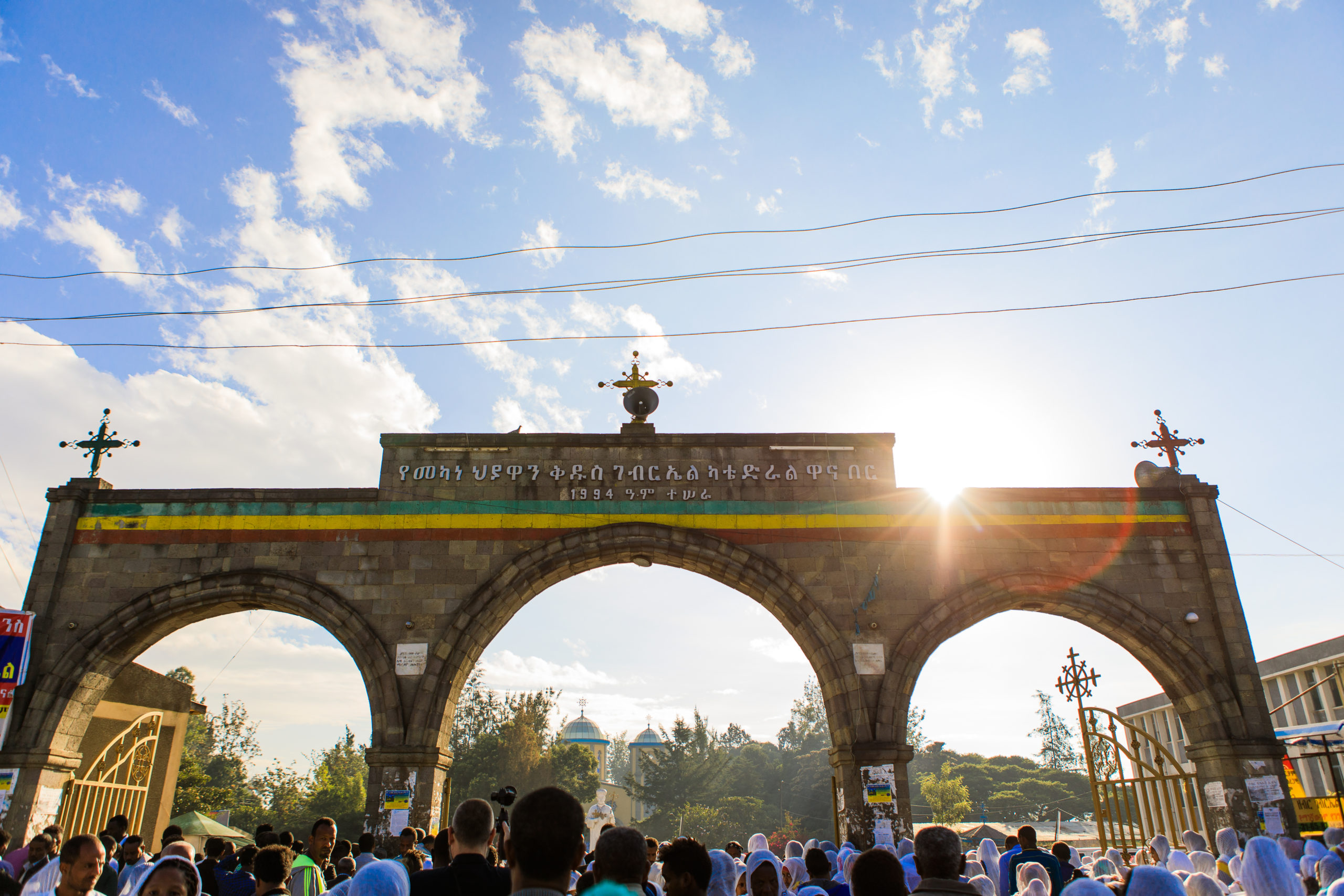
Douglas Nottage | American Bible Society
When I first met him, Nesanet was training for the priesthood while serving his sentence. “We look up to Nesanet, you know,” a younger teenager in the prison told me. “He’s a real role model for us.” No one expects someone carrying the label “criminal” to be a model of redemption, but God often contradicts our logic. When God made Nesanet new, Nesanet trusted the implicit truth of that redemption. He released the memories of what he had done and clung to the promise of who God was re-making him to be. Nesanet’s journey reveals the beautiful challenge of grasping onto the kingdom of God every day and gripping its transformation tightly.
As our videographers finished their film work for American Bible Society by shooting b-roll footage, we asked Nesanet if he would lead other chapel visitors in a song of praise. He’d been demure all day, but as he began to sing, he exuded a celebratory, almost boisterous spirit of freedom and joy. He stood in a white robe and thumped a drum as the group joined together in worship of their redeemer. As we stopped filming, to our surprise, they didn’t stop singing. We witnessed heaven manifest upon the wooden benches, splash out from the open doorframe, and shimmer across the hot dirt. I like to think the curious men watching from outside could see it. I like to think we saw a little piece of earth remade in heaven’s image that day.
Back in our hotel in Addis Ababa, I rinse my feet in the shower and watched as little red trails slither from my toes down the drain. “You are dirt, and you will return to dirt,” I whisper to no one. Then I hear a low voice that makes me push open the window to listen. A voice reverberates off the half-finished buildings around us, a priest chanting over a loudspeaker in Ge’ez, one of the oldest languages known to Christianity. Some trace the roots of Christianity here all the way back to the Ethiopian eunuch referenced in Acts 8. Perhaps the first Ethiopian Christian is still declaring his baptism into the faith all these centuries later.
At the sound of that ancient hope, I am transported to the day when Nesanet too will speak redemption over the land. In the same way that he heard the Word and it changed everything, he will declare that same truth over and over. He will remind us that this is the kingdom of heaven come home. Even if our earthly eyes can’t quite see it yet.
Cover Photography by Douglas Nottage | American Bible Society
Enjoying the Globe Issue?
Order your Deluxe
Print Edition Today!
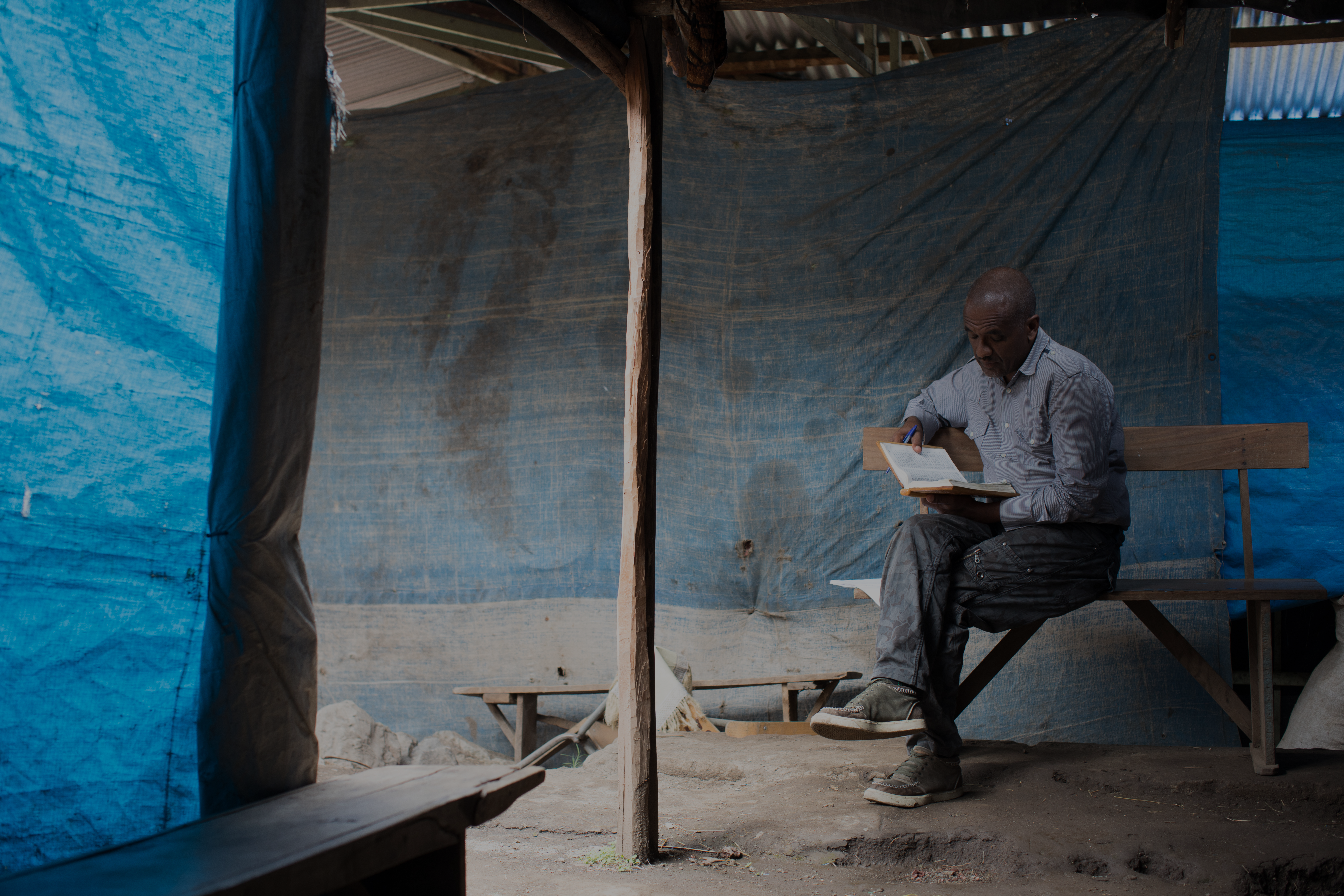

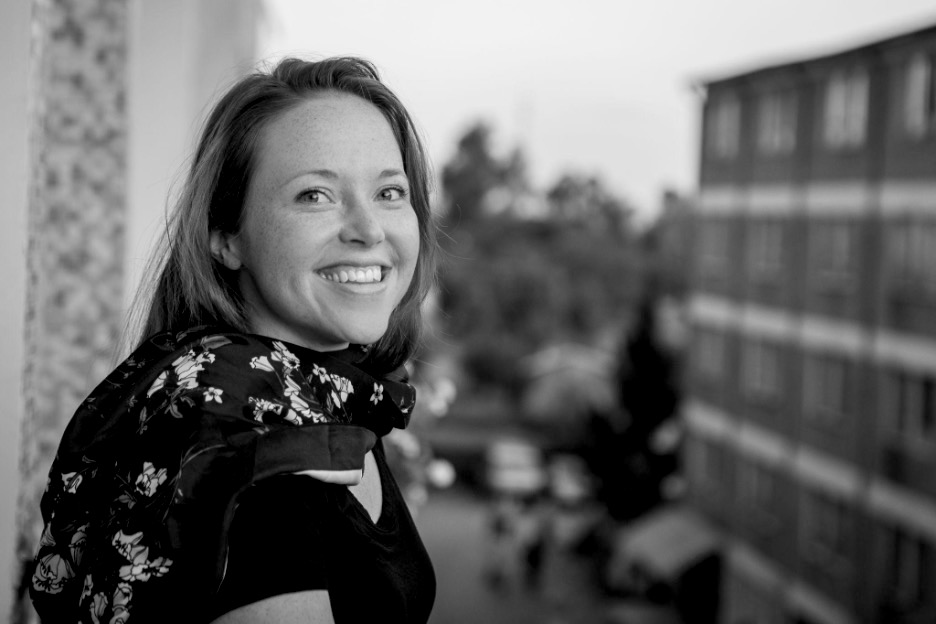







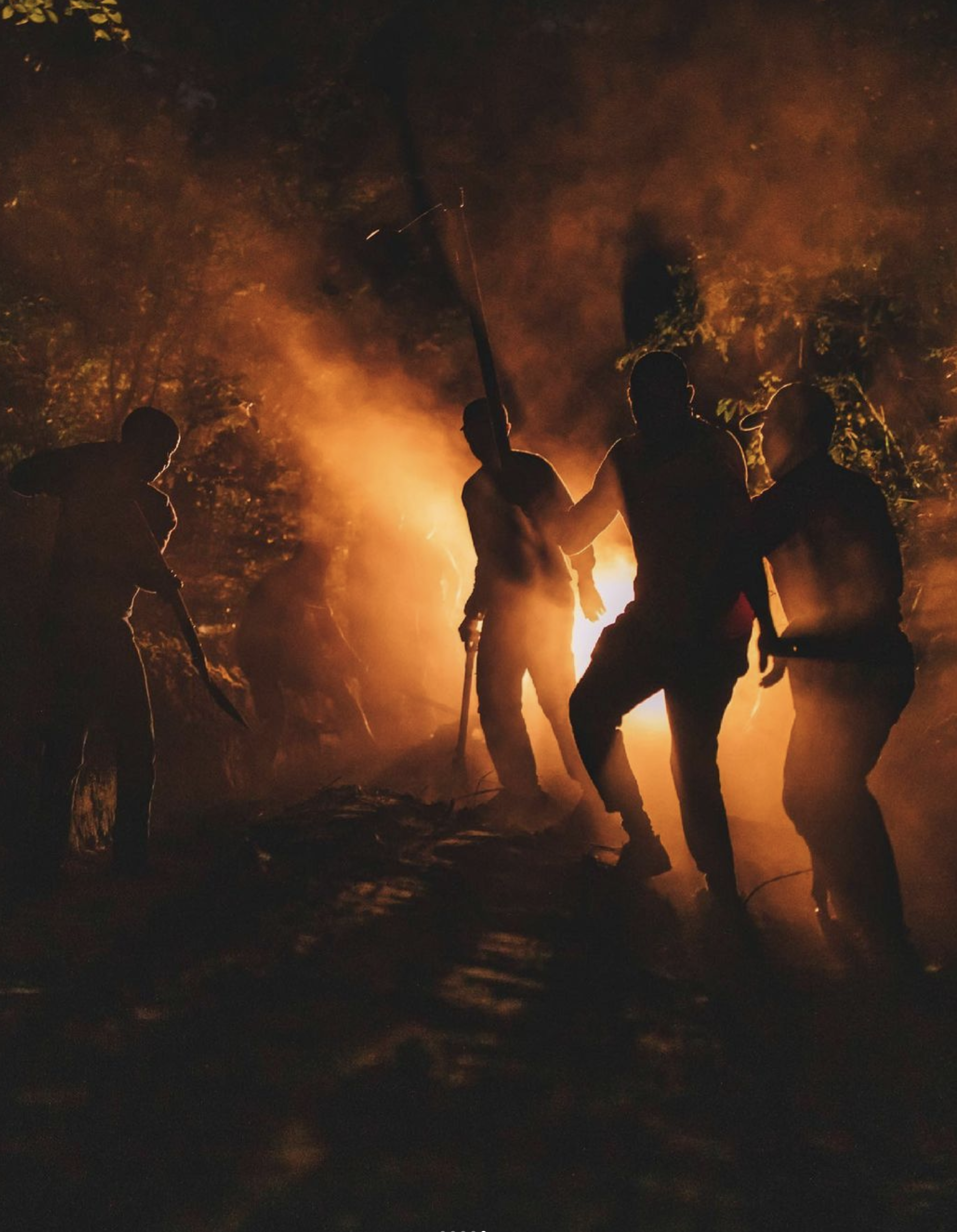
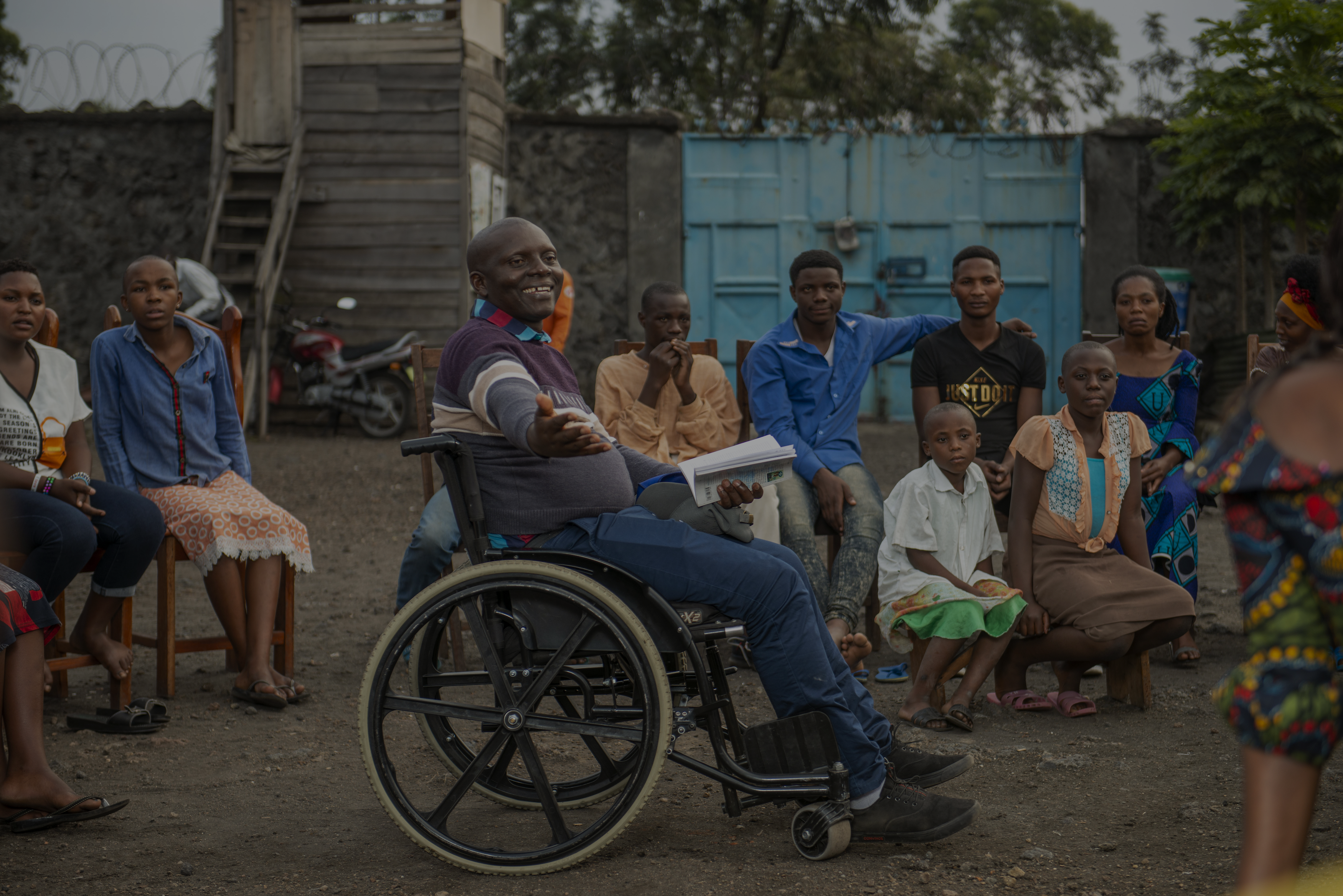




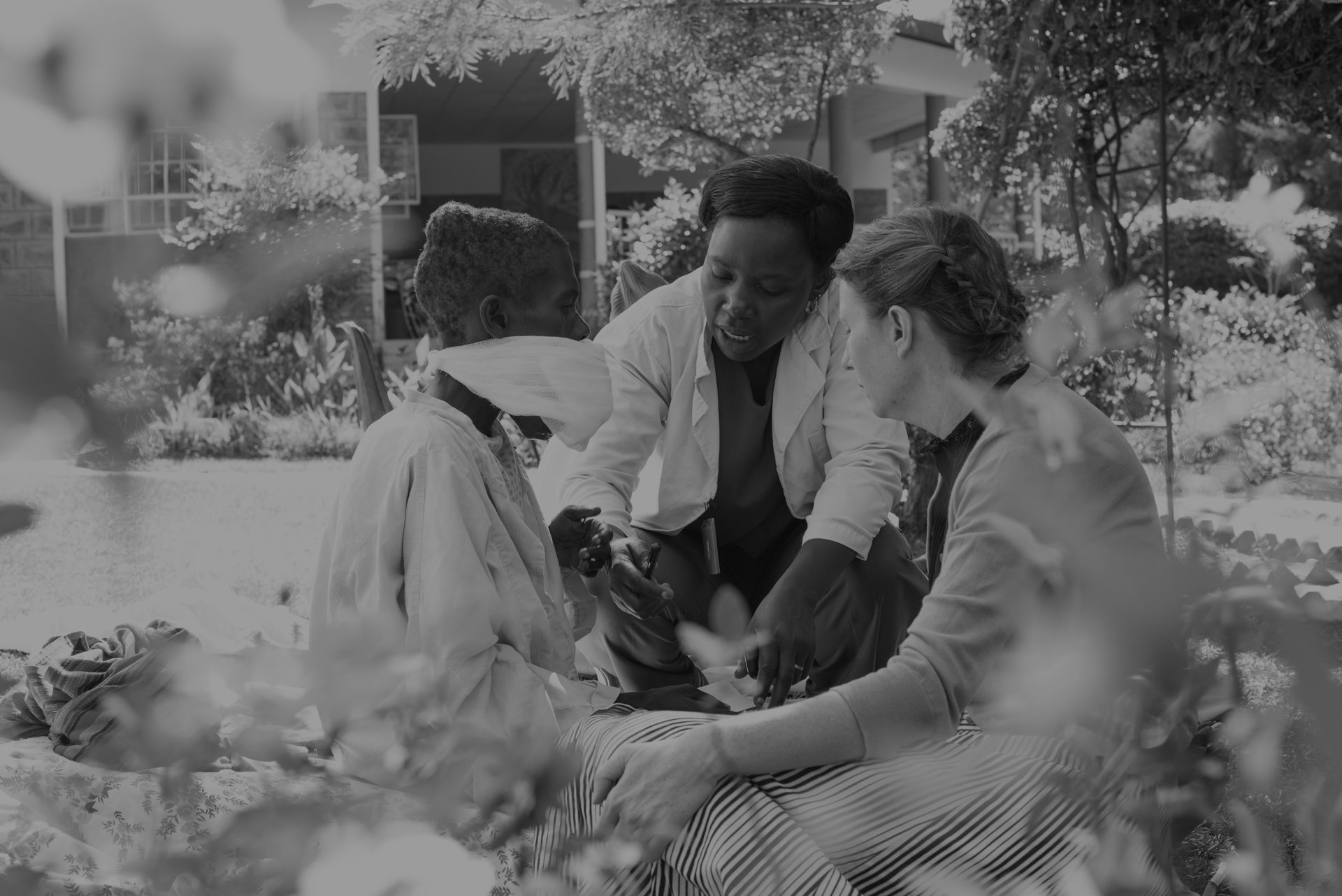


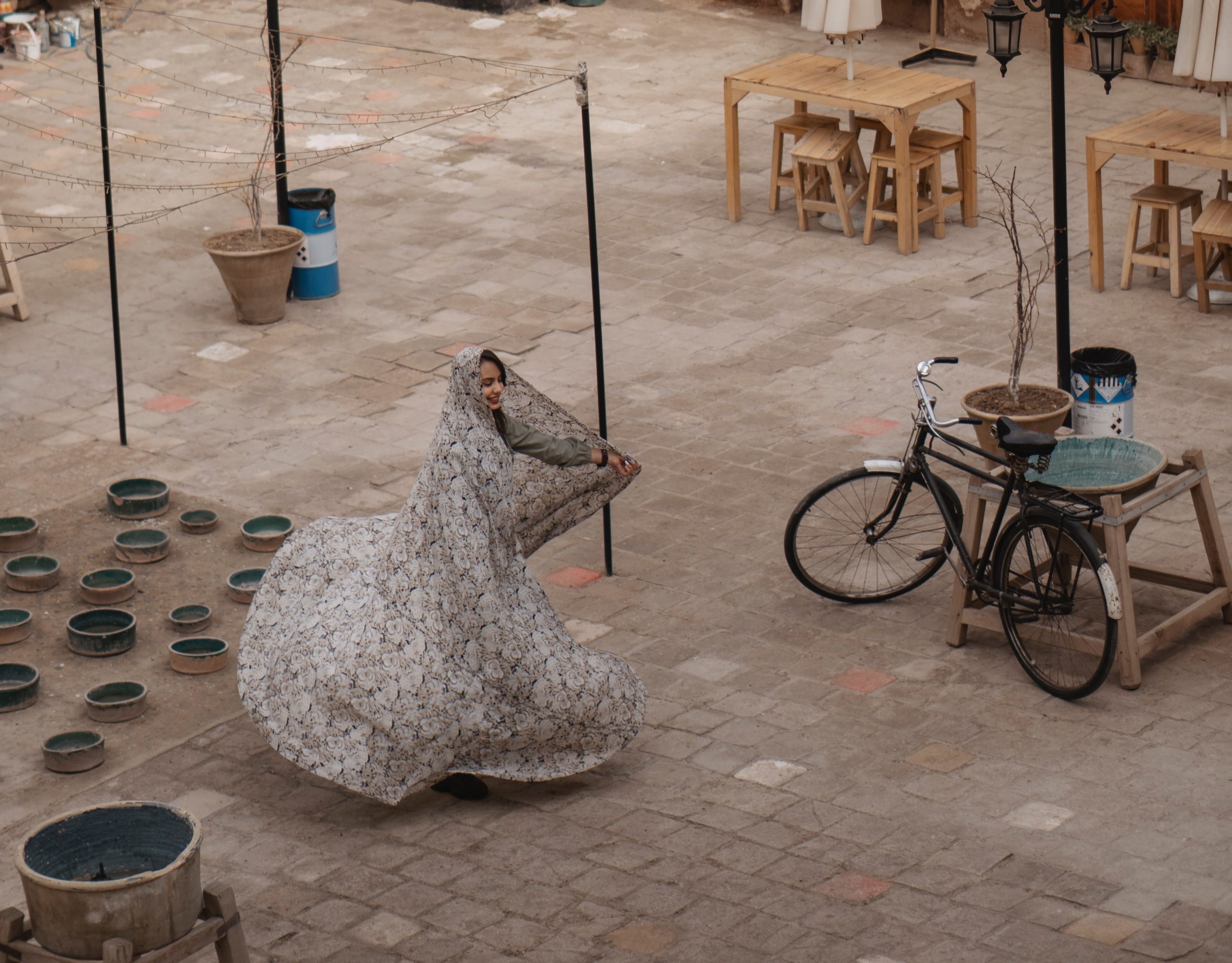















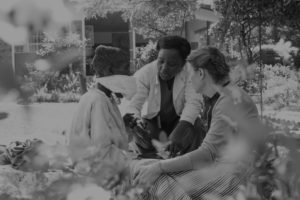

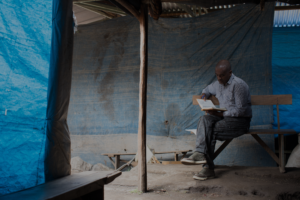

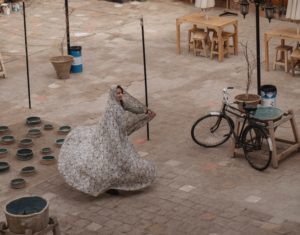


Share Article